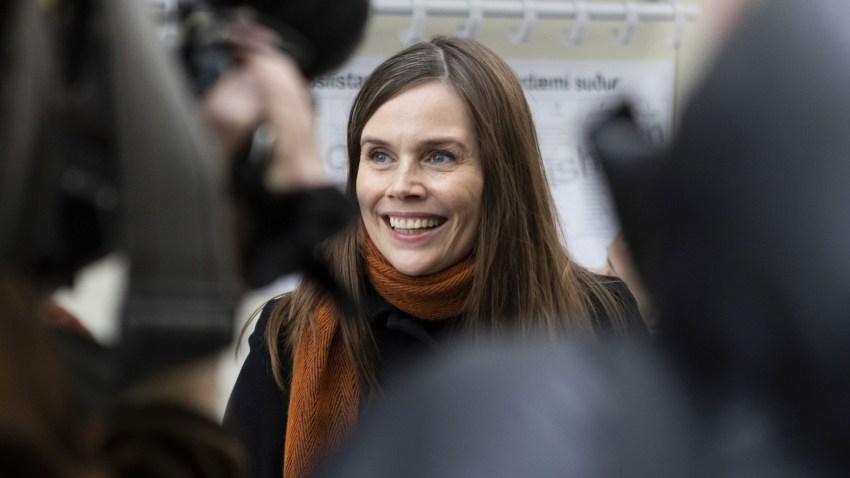Rwanda, well-known for having more women than men in its parliament, reserves 24 of its 80 seats for women, as well as two for people under 35 years of age and one for a person with a disability. The lawmakers who hold reserved seats are all elected indirectly via provincial electoral colleges, the National Youth Council and Federation of the Associations of the Disabled, while the other 53 are elected directly. Reserved seats guarantee a certain outcome, but legal quotas and voluntary party quotas guarantee more female candidates. Iceland’s voluntary party quota system is one example. Another is Spain’s spectacular rise from a dictatorship to a robust democracy with a parliament where 43 percent of the representatives are women, the result of both legal and voluntary party quotas. Mexico’s parliament achieved 50-50 gender parity in its election, largely due to constitutionally mandated legal quotas requiring that at least 40 percent of each party’s list of candidates be women, including candidates for both single-member constituencies and proportional representation seats. It is important to note that the 300 parliamentarians who sit in Mexico’s lower house, the Chamber of Deputies, are elected in single-member constituencies through first-past-the-post voting. Many critics argue that system is incompatible with gender quotas because, while it’s easy to put together a list with a certain percentage of women, asking parties to respect gender parity across single-member constituencies requires a lot more political jostling in order to get the best candidates for each district and still meet that quota. Nonetheless, Mexico has reached parliamentary gender parity far before its neighbor to the north: Women only occupy 27.6 percent of the seats in the U.S. House of Representatives and 24 percent in the Senate, where there are no reserved seats or quotas of any kind. Similarly, France passed a quota law in 1999 that applies to elections for its National Assembly, which is made up of 577 single-member constituencies elected by a two-round majoritarian system. French political parties are required to ensure that the difference between the number of male and female candidates on their electoral lists be no greater than 2 percent. This hasn’t assured gender parity in France’s National Assembly, where women currently hold 39.5 percent of seats, but it is well above the worldwide average. Concluding that quotas get more women elected is a simple matter, but figuring out which types of quotas work best for each electoral system is another story. According to the Georgetown Institute for Women, Peace and Security, a survey of the existing research shows that “there is no hard and fast rule about which type of quota works best; it truly depends on the context.” For example, countries with reserved seats tend to be less stable and democratic than those that have voluntary quota systems. And even when political parties comply with quotas, they may relegate female candidate to run in less favorable districts where they are likely to lose, which can blunt the intended impact of legal quotas. Moreover, while countries may see an initial jump in the number of women elected after quotas are introduced, there is often a subsequent plateauing in progress on gender equality. Many commentators argue that quotas are undemocratic or less meritocratic, but there is no doubt that they help governments reflect the diversity of the people they represent. Beyond quotas for women, countries around the world also employ quotas for young, disabled and Indigenous people. Institutionalist feminists argue that the institutions that make up our democracies were designed by men, often white men, and therefore are designed to preserve their own power and keep others out. Given the persistent lack of women in representative government, quotas may be the most effective tool available—albeit an achingly slow one—to open up these positions to everyone.Concluding that quotas get more women elected is a simple matter, but figuring out which types of quotas work best for each electoral system is another story.
Alana Moceri is an international relations analyst, writer and professor at the IE School of Global and Public Affairs. Follow her on Twitter @alanamoceri.

